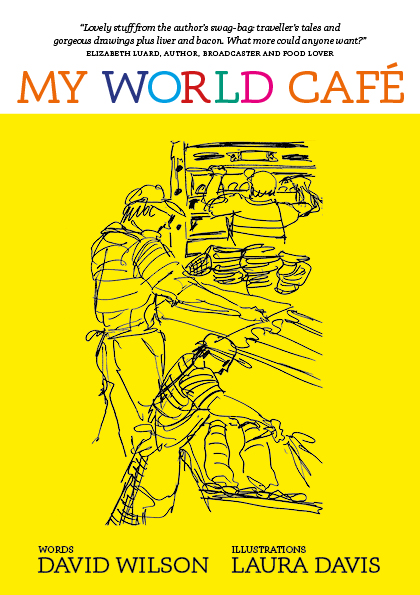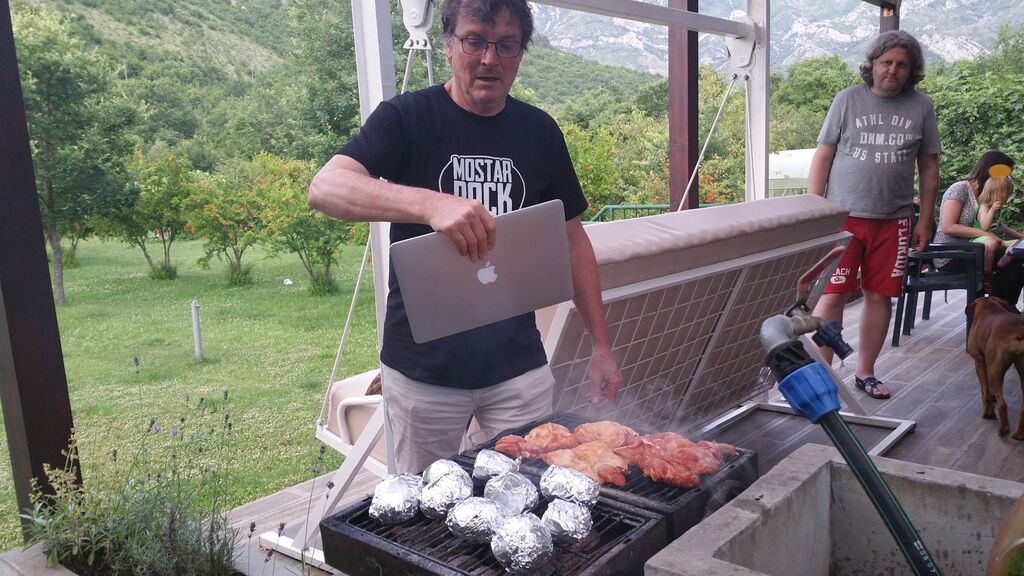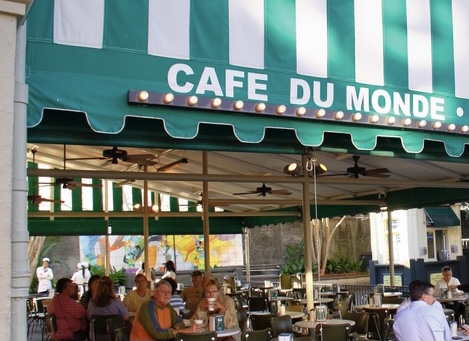by David Wilson, drawings by Laura Davis.
Buy the book here.
The pleasant hours of our life are all connected by a more or less tangible link, with some memory of the table.
Charles Monselet

The idea for this book began in my stomach. In the first weeks of Covid lockdown, my wife Anne and I were confined to our small London flat. Food became the highpoint of the day: what to cook with diminishing ingredients. A faulty heart valve had recently been replaced by a cow’s valve which had become infected. I was at at high-risk of it happening again and couldn’t go to the shops; nor could Anne for fear of infecting me with a virus which was then so little understood.
We dusted off our cookbooks and tried to make the contents of fridge and cupboard tasty. Behind jars of olives and spices were tins of beef stew and a container of halva that had been there for years. Its sweetness was rationed by Anne because she knew I would wolf it. Sliver by sliver, it became the most-looked-forward-to part of the day. The beef stew went to our neighbours, since I am not a cannibal.
As there were was no chance of inviting friends over for a meal or to meet in restaurants, I realised how important food has been in my life, not just as a source of nutrition, but as a means to socialise and communicate.

My long stay in hospital had already left me appreciating this. As the recipient of NHS privatisation and Serco food, I knew that, like prescribed medicines, we should never take it on trust.
On the positive side of the Covid crisis we were grateful recipients of the kindness of strangers. For a long time we were unable to get home deliveries but Joe, a trainee policeman who we never met, delivered food to our door once a week.
It’s easy to ignore the origins of the food we eat. The British Nutrition Foundation recently found that many children believe that milk comes from cartons, cheese from plants and tomatoes grow underground As a small child, I spent holidays on a farm in Wales. Every morning I watched the cows being milked and rode on the farmer’s tractor that took the milk churns to the depot. I am lucky to have lived in places where food is not bought off the shelf, but is foraged, farmed and harvested. I have helped take honey from bees in Bosnia, picked figs in France and gathered mushrooms in Spanish woodlands. In 1893 American suffragette, Mary Elizabeth Lease, predicted that by 1993, people would be eating synthetic food. They would “take, in condensed form . . . the rich loam of the earth, the life force or germs now found in the heart of the corn, in the kernel of wheat, and in the luscious juices of the fruits. A small phial of this life from the fertile bosom of Mother Earth will furnish men with substance for days. And thus the problems of cooks and cooking will be solved.”

Her prediction remained a private fantasy that until 1930, when her theory found its way into the first science-fiction films. In Just Imagine, the character Single O is woken from a fifty-year coma to find himself in 1980s New York. He is taken to a “café” and offered roast beef, beets, asparagus, pie and coffee in a single pill. Gastronomic dystopia is present today, not with ingesting pills in place of food, but with our treatment of, and lack of respect for, the animals we eat. Each year in the United Kingdom 1 billion animals are killed for food. This figure doesn’t include fish, whose deaths are measured in tonnes. Cattle, pigs and poultry are fattened in huge, dirty, cramped sheds, unable to stretch their legs or wings.
Even with the growing popularity of vegetarianism, there are dystopian shadows. In the United States the independent non-profit Consumer Reports found that supermarket salads and leafy greens contained coliform and enterococcus, commonly found in the human digestive tract. Put simply, these are bacteria indicative of human faecal contamination. Tomatoes drenched in chemical fertilisers are grown under plastic by exploited immigrant workers. The mile upon mile of greenhouses in the south of Spain can be seen from the moon. Avocados have become the currency of food mafiosi who have moved their business interests from cocaine to exploit this thirsty berry that lowers the water table where it is grown.
Meanwhile, the millions of undernourished peoples in the world would happily join Single O with his pill if they could only get hold of it.
For us lucky ones, eating is something we do three times a day. It affects everything: our energy levels, sleep and health, as well as our relationships. Food is a sensory experience which lasts long after it’s been consumed. Its taste, smell and texture are evocative, bringing back memories, not just of eating, but also of people and place. Food is the trigger to experiences that occurred while eating, time spent with loved ones, happy and sad moments.My life has been full of travel, of friendships and company. Linking them all is food. In My World Café I write about childhood meals and those I still enjoy. Each chapter is about a particular food with its history, associated memory and recipe. I am today a cow-free eater, and although I agree with Michael Pollan who wrote in Food Rules, “if it’s a plant eat it. If it was made in a plant, don’t,” I have been a mix of omnivore and vegetarian and they both remain part of my life’s ‘world café’, so here they all are.

“All sorrows are less with bread” wrote Cervantes. Bread, and its importance, is dealt with in my chapter on the Arabic khubz offered to an enemy soldier on a Jordanian mountain. I am not religious, but when people break bread and offer prayers in thanks, I can understand.
Writing has something in common with food because they both involve other people. Unless you keep a private diary, you’re writing for an audience. Even that diary may be discovered one day, opened and read.
Later this year you can read these food stories, enjoy Laura Davis’ drawings, then head for the kitchen and share a recipe with me when My World Café is published by Riversmeet. Bon appétit, sahten, mashiagare, dobar tek.
December 2021


Looking forward to it!
Tasty blog – no pun intended. Looking forward to this book.
Bravo David!
Looks great!